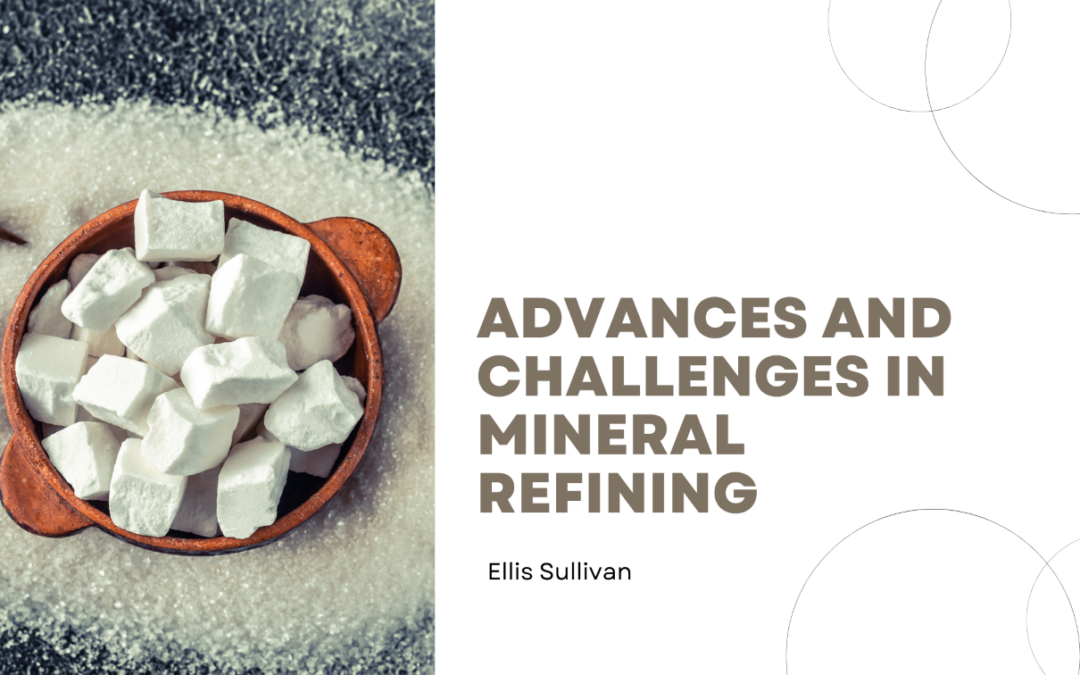In the world of mineral refining, continuous advancements have reshaped the landscape, bringing both opportunities and challenges to the forefront. The refining process, crucial for extracting valuable metals from ores, has evolved significantly over time, driven by technological innovations to enhance efficiency, sustainability, and resource conservation.
One notable advancement is the utilization of hydrometallurgical processes. Unlike traditional pyrometallurgy, which involves high-temperature processes like smelting, hydrometallurgy employs liquid solutions to extract metals. Utilizing this method proves to be more ecologically conscious and enables the targeted retrieval of particular metals, thereby diminishing waste and mitigating the environmental repercussions of mining activities.
Innovations in leaching technologies have played a pivotal role in improving the efficiency of mineral refining. Leaching, the process of extracting minerals from ores using chemical solutions has seen advancements such as bioleaching, where microorganisms are employed to break down ores. Bioleaching reduces the need for harsh chemicals and enhances the recovery of metals from low-grade ores, making previously uneconomical deposits viable.
Furthermore, advancements in solvent extraction and ion exchange technologies have enabled more precise and selective separation of metals during refining. These techniques contribute to higher purity levels and increased yields, addressing the industry’s quest for optimal resource utilization.
However, alongside these strides in mineral refining, challenges persist. Environmental concerns related to water usage, chemical emissions, and tailings generation remain significant. Striking a balance between the growing demand for metals and the environmental impact of refining processes requires ongoing efforts to develop and adopt sustainable practices.
Another challenge lies in the processing of complex ores with lower metal concentrations. As accessible high-grade deposits deplete, the industry faces the task of efficiently extracting metals from more challenging sources. This necessitates the development of advanced technologies and refining methods that can economically process lower-grade ores without compromising environmental standards.
Furthermore, metal recycling from electronic waste (e-waste) has gained attention as a sustainable alternative to traditional mining. Recovering valuable metals from discarded electronics reduces the need for new mining activities and minimizes the environmental footprint associated with primary extraction.
In conclusion, mineral refining continues to witness remarkable advances driven by a commitment to environmental sustainability and technological innovation. These developments, from hydrometallurgy to bioleaching and recycling initiatives, pave the way for a more efficient, eco-friendly, and socially responsible mineral refining industry. However, the industry must address ongoing challenges, including environmental impacts and the processing of lower-grade ores, to ensure a sustainable and accountable future for mineral refining.

